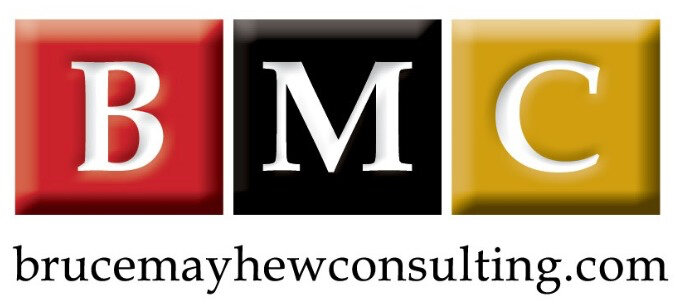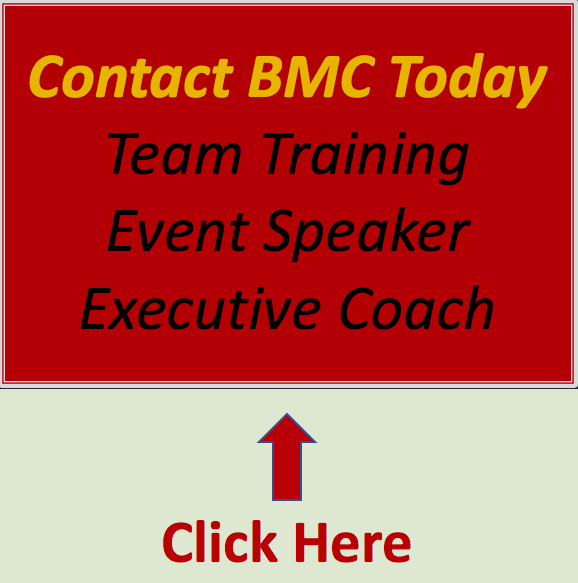Great Time Management Goes Further Than Stephen R. Covey’s 7 Habits of Highly Effective People; It Includes Great Email Etiquette
/I’m a big fan of The 7 Habits of Highly Effective People by Stephen R. Covey. As a leader of a team I especially relate to #3 ‘Put First Things First,’ and as a corporate trainer and habitual lifelong learner, I strongly relate to #7: ‘Sharpen the Saw’.
As much as I am a fan of Stephen’s work, I also know that Stephens 7 habits are only part of the answer when an individual or team tries to establish great time management habits. What I mean is that great time management has a lot to do with how an individual does their work as much as when they do their work. And for those familiar with Stephen Covey’s #5 habit of ‘Seek First to Understand, Then to Be Understood’, what i’m talking about goes even further. Let me explain.
More Than When… Focus On How
After I built and began facilitating my Effective Email Etiquette Training Workshop, I spent a year researching and building my Time Management Training Workshop. During the second development period (and reinforced every day since), it became clear to me that great email etiquette is also great time management – and not only for the writer; great email etiquette is also great time management for everyone who receives email.
For example, if I consistently do three simple things when I write an email message, I can almost guarantee my reader will:
Want to read my email – and therefore prioritize my work
Quickly and clearly understand what i’m saying or asking for
Answer all of my questions and/or do what I ask
Think how much time you would save if every one of your email were prioritized by the recipient, read, understood fully and then acted on quickly? And, how much time would you… and your readers save if you didn’t have to follow up two, three or four times to get the answer to the questions you asked in your email?
This Ability Is In Your Control
I often hear people who take time management training say, “I’d like to spend an hour in the morning concentrating on my strategic, important work but the office culture doesn’t support this.” I understand when they say that. For some aspects of time management to be effective, the team or corporate culture has to change. The beauty of writing better email is that you don’t need your corporate culture or your department culture to change - you are in control. The three email tips I share below allow you to immediately improve your writing which allows you to immediately save time, be more productive and experience less stress. Yes, using good email etiquette is in your control.
Three Email Etiquette Best Practices I Recommend
To have a great personal impact, I recommend improving your time management by practicing the following three email etiquette best practices:
Bottom line your messages. Say hello and then get to the point. If you want to be pleasant and say what a nice day it is… do it at the end of your email.
Use indented bullet points to bring attention to critical data. If you have two questions, say, Hi Bruce, I have two questions:
Question 1
Question 2
Write helpful Subject Lines. One or two-word subject lines like ‘Meeting’ or ‘Meeting Update’ are not great. Use 5 to 7 words. Instead, ‘July 2020 Sales Meeting Agenda Update’ lets the reader know exactly what the message is about and makes the email easily searchable 1 week or 1 year later.
None of these three Email Etiquette best practices will take you extra time to write email, but they will save you amazing amounts of time by helping you get what you need when you need it with little-to-no follow-up.
Give these three email etiquette techniques a try. They are just a few of the over dozen email writing techniques you and your team can learn that will make you more efficient, more productive and less stressed.
About Bruce and Bruce Mayhew Consulting.
Corporate trainer Bruce Mayhew (of BMC) specialize in customized Time Management Training, Email Etiquette Training, Leadership Skills, Communication and other soft skills training solutions in Toronto and across Canada. Bruce is also an Executive Coach to a few select clients.
BMC helps your greatest assets think productive and be productive.
Bruce is an experienced motivational speaker in Toronto and has inspired audiences across Canada and within the USA and the UK. Bruce works hard to always make sure your training event, conference, retreat, or annual general meeting is a success.



